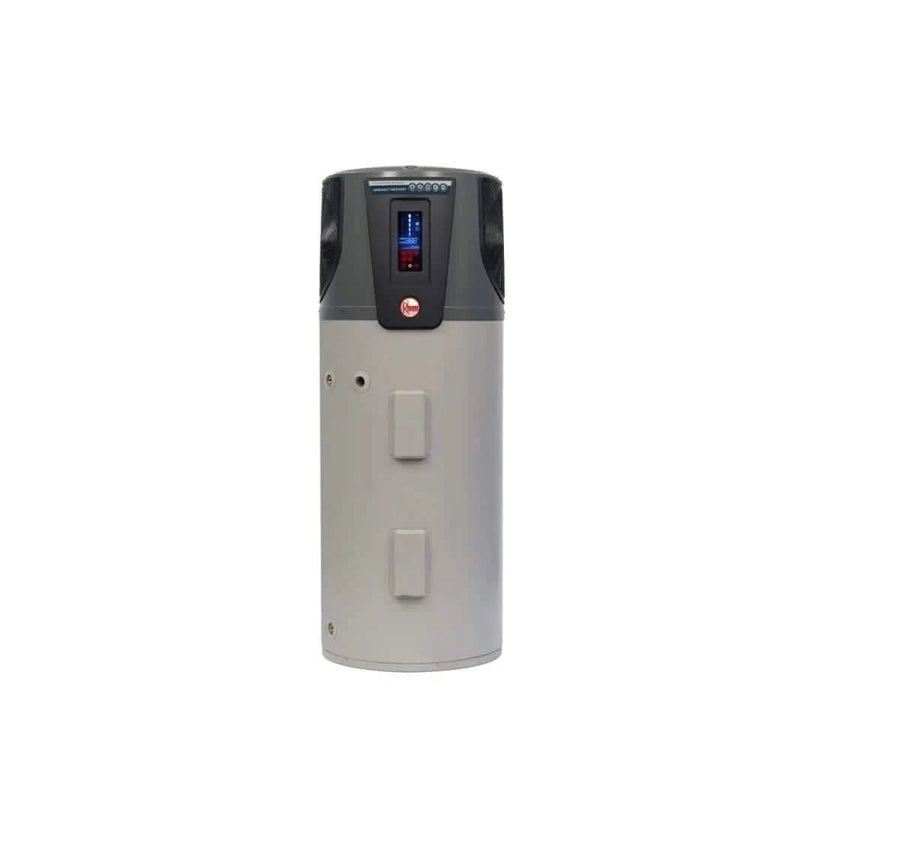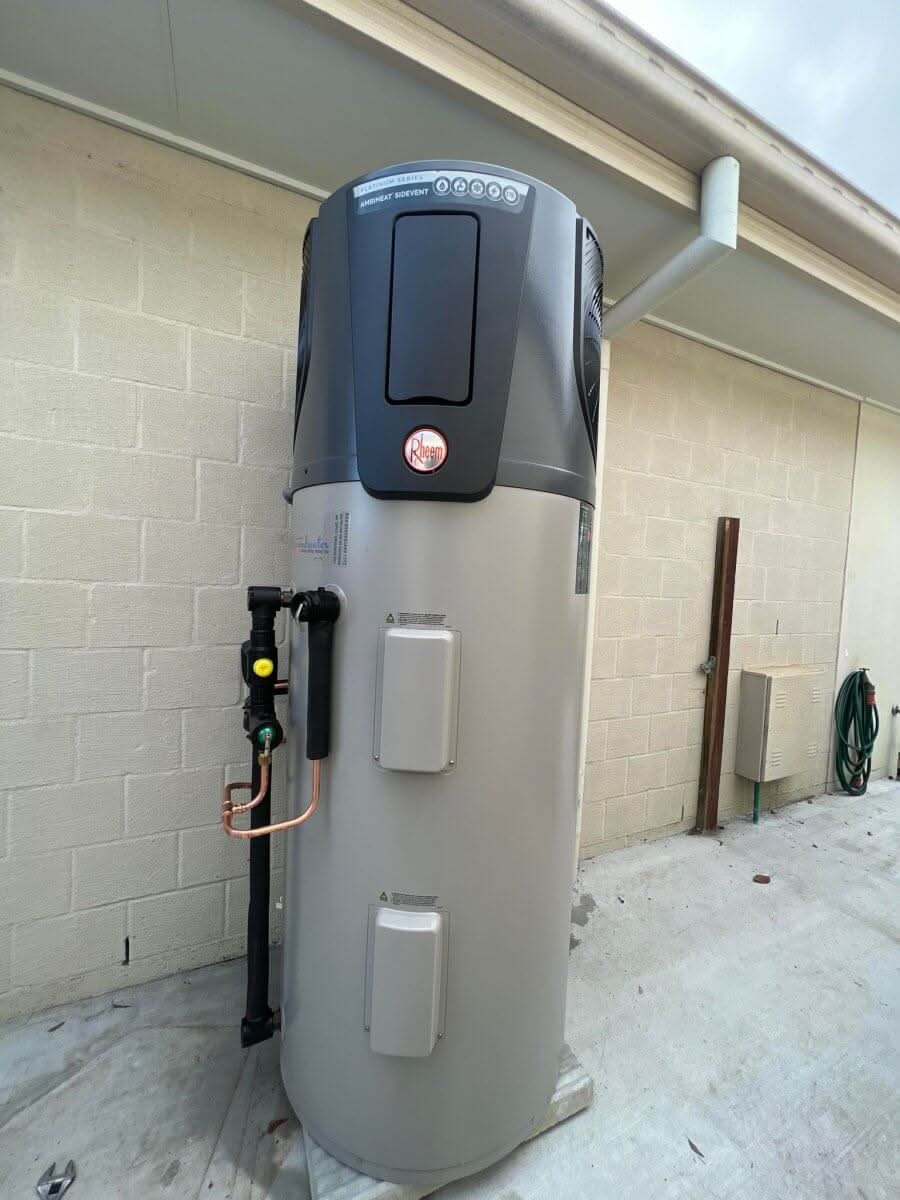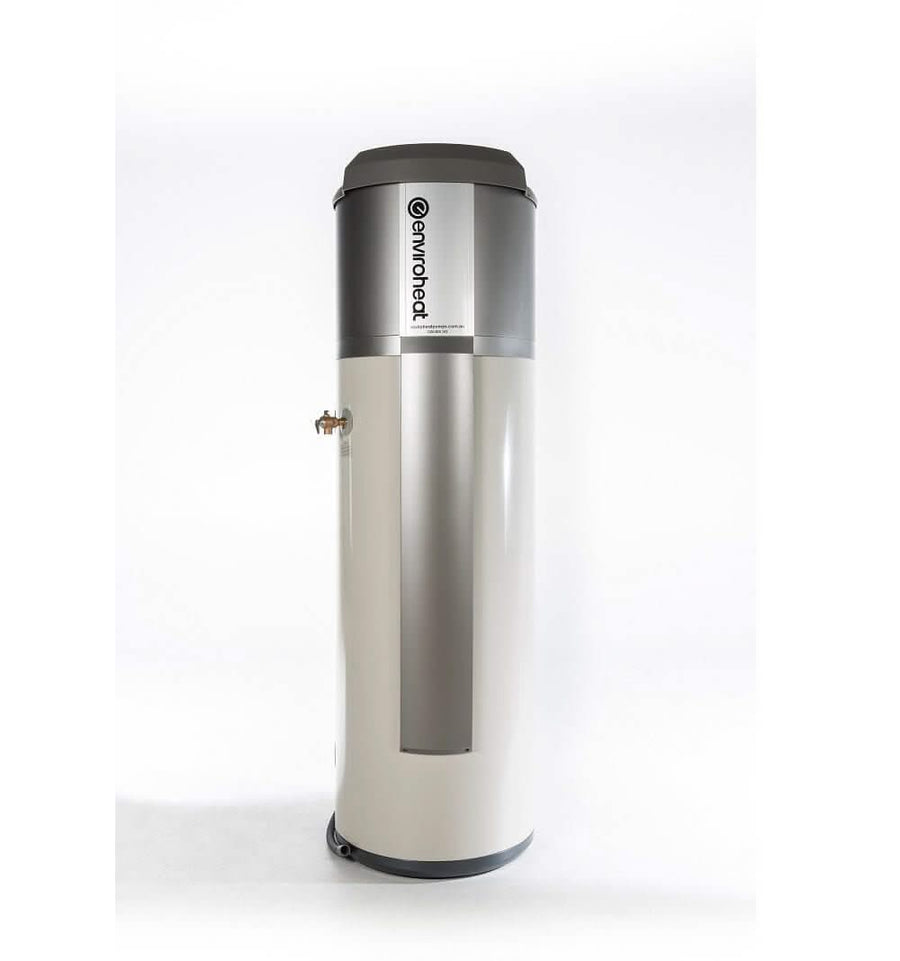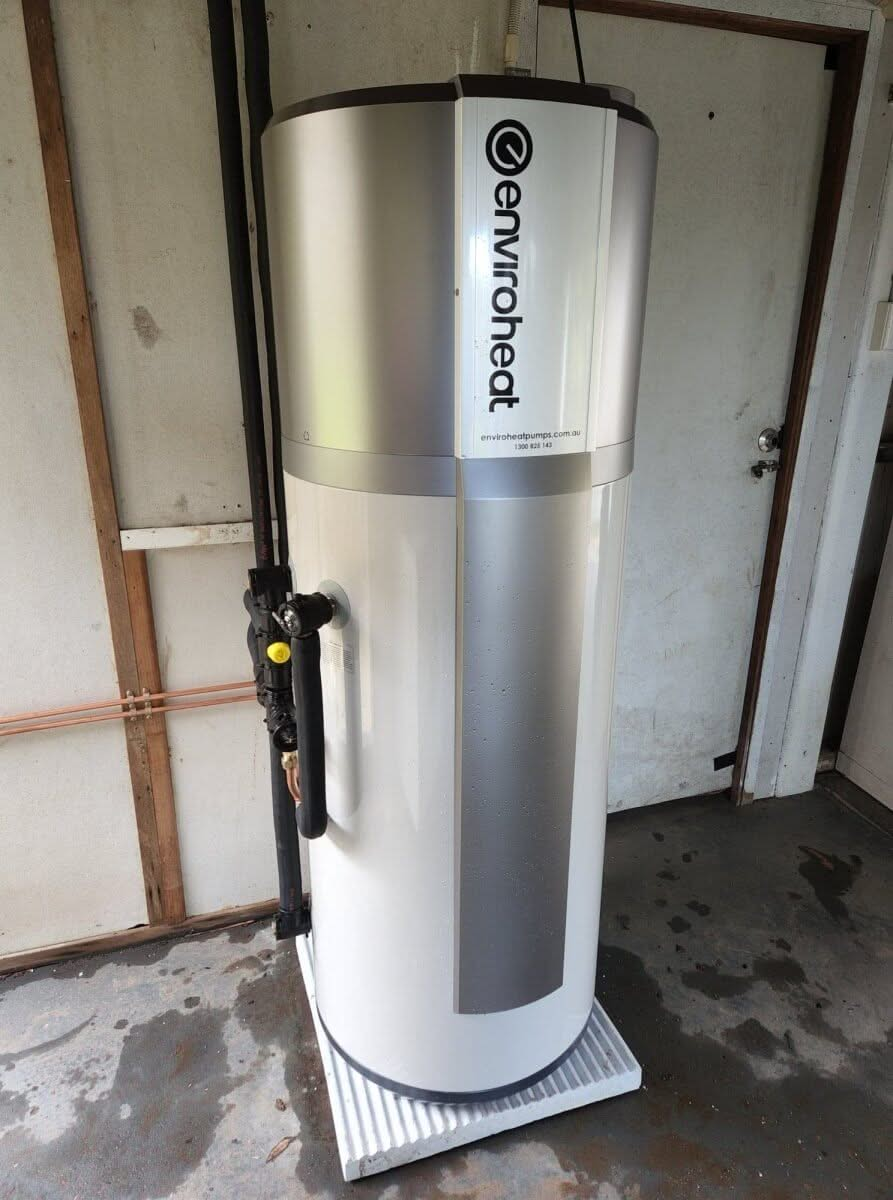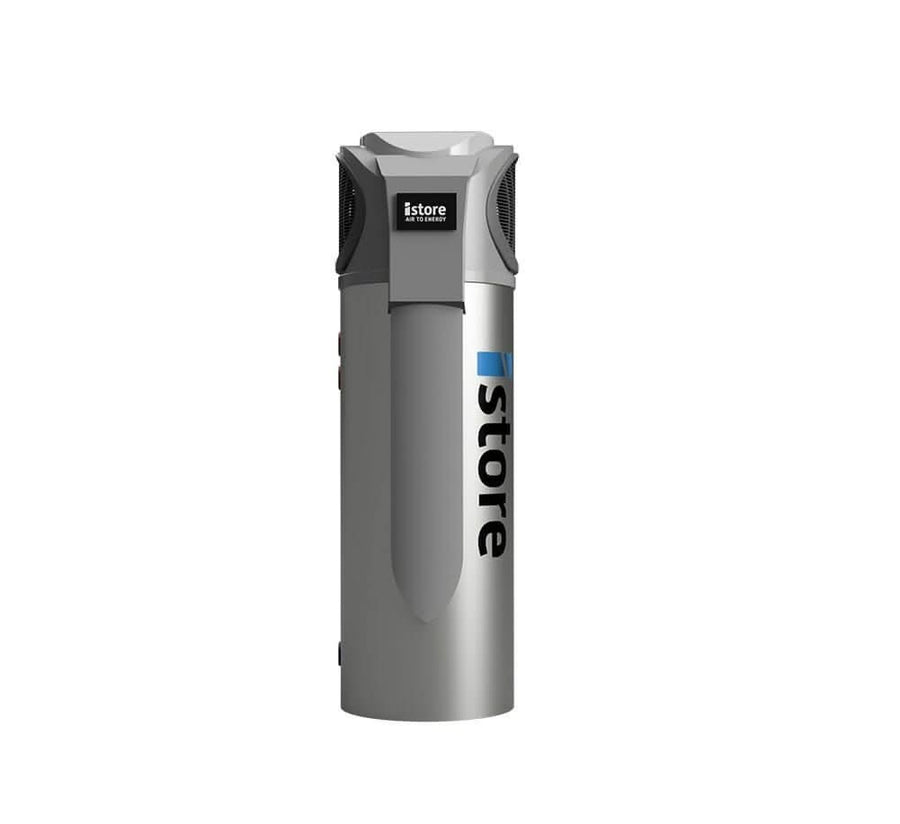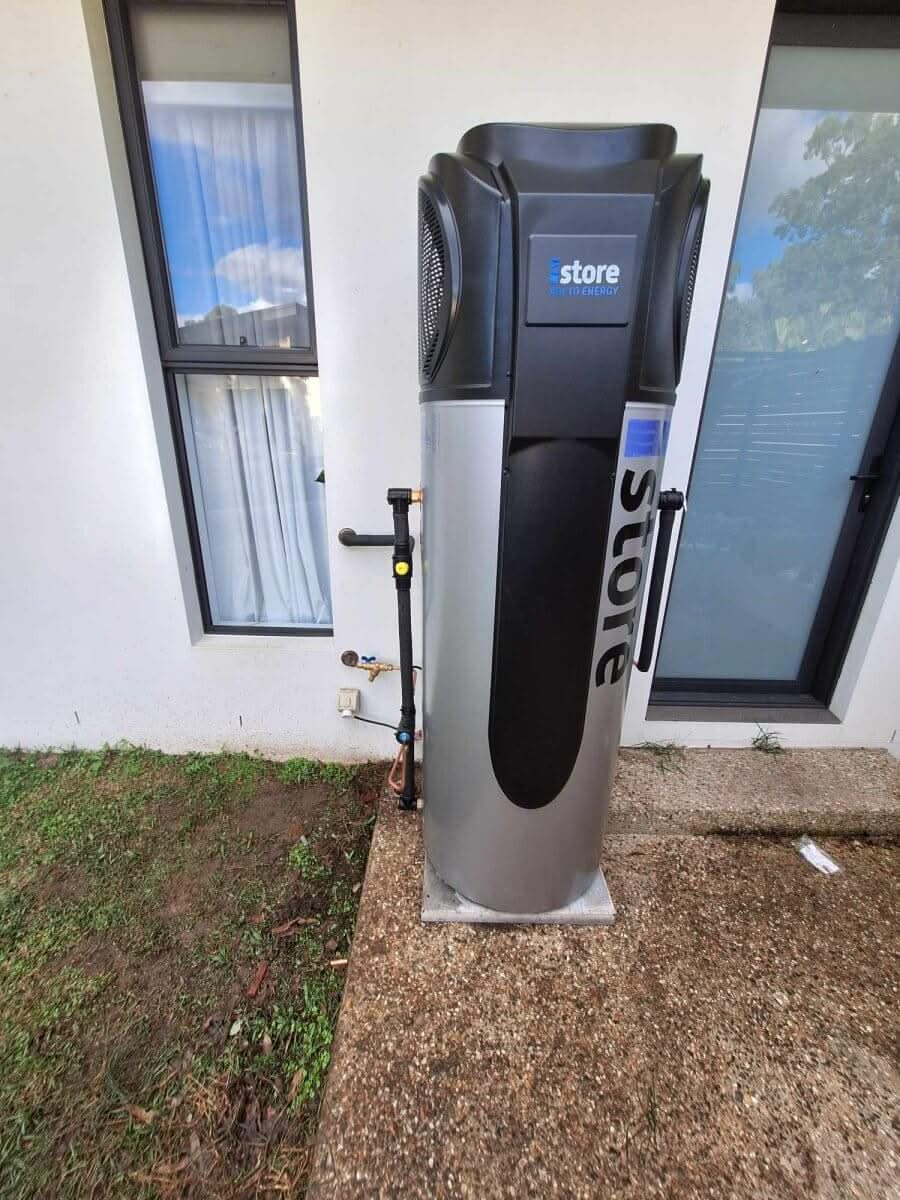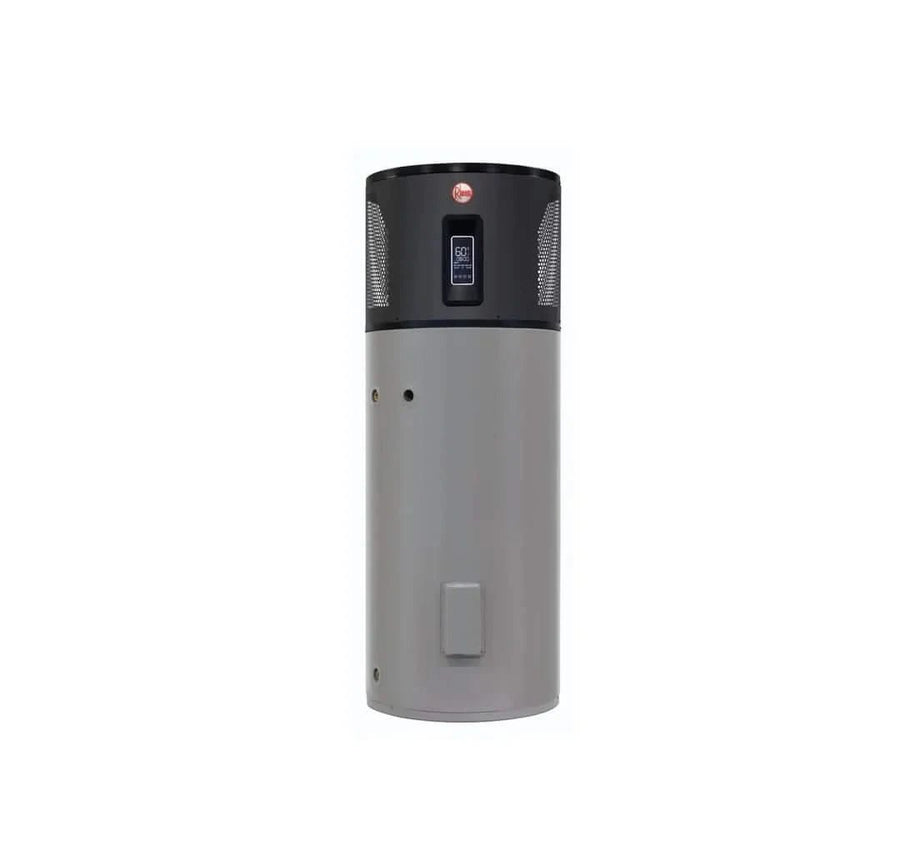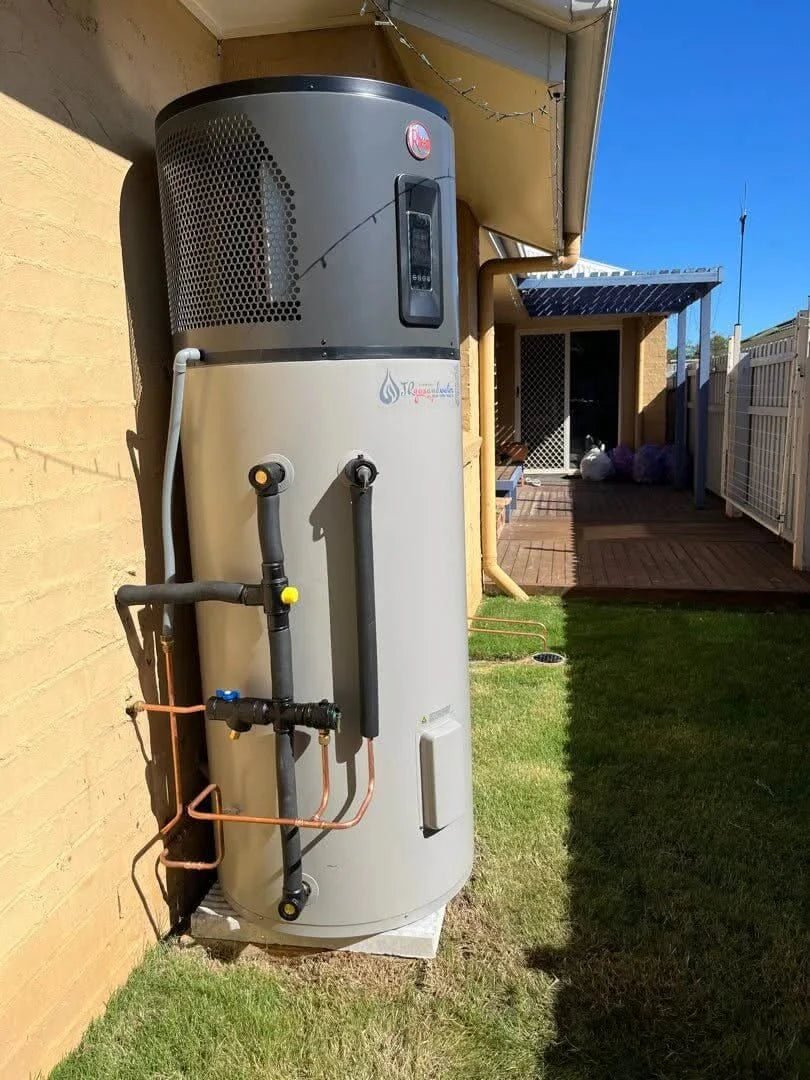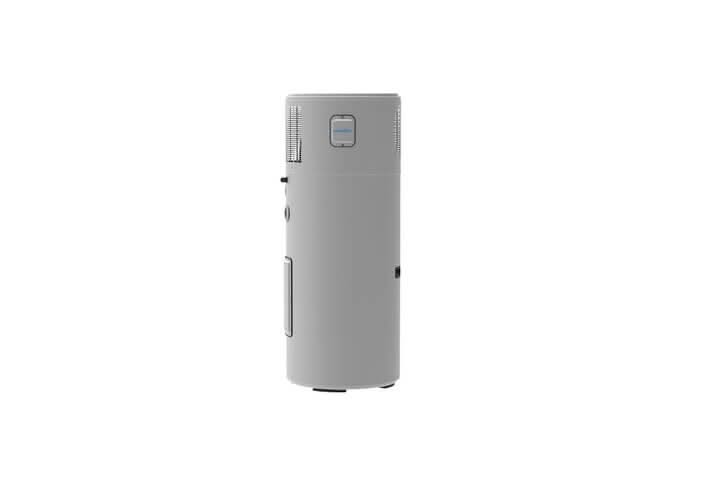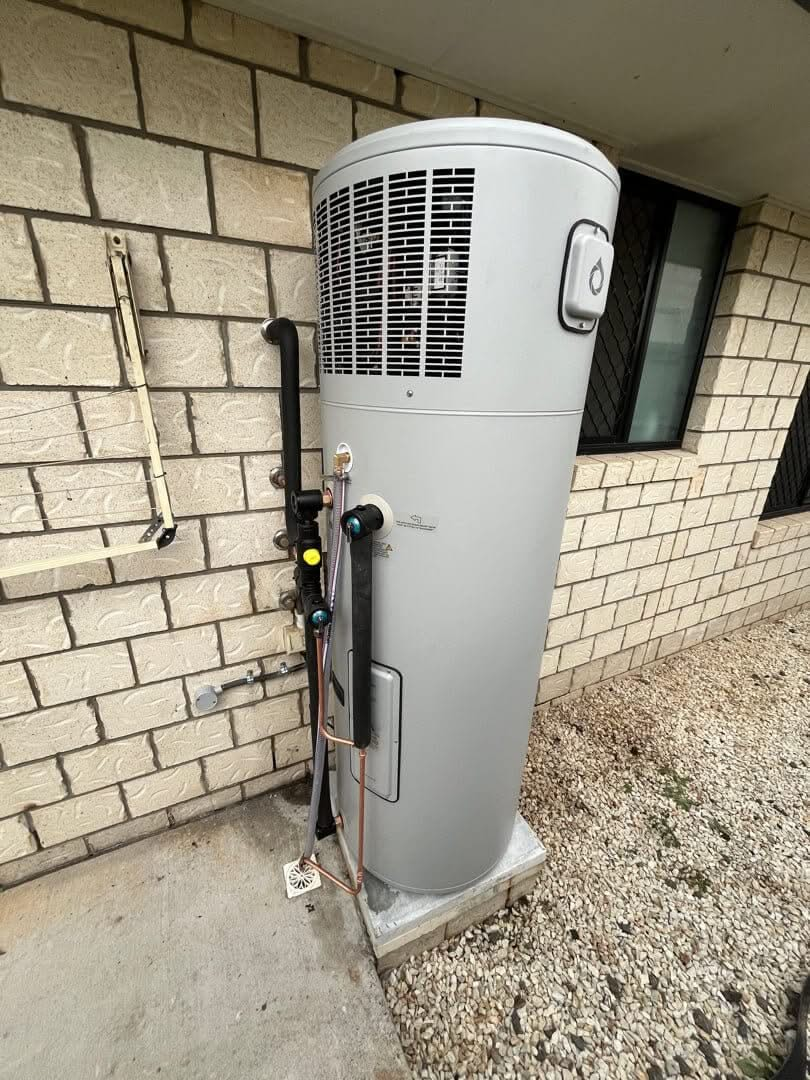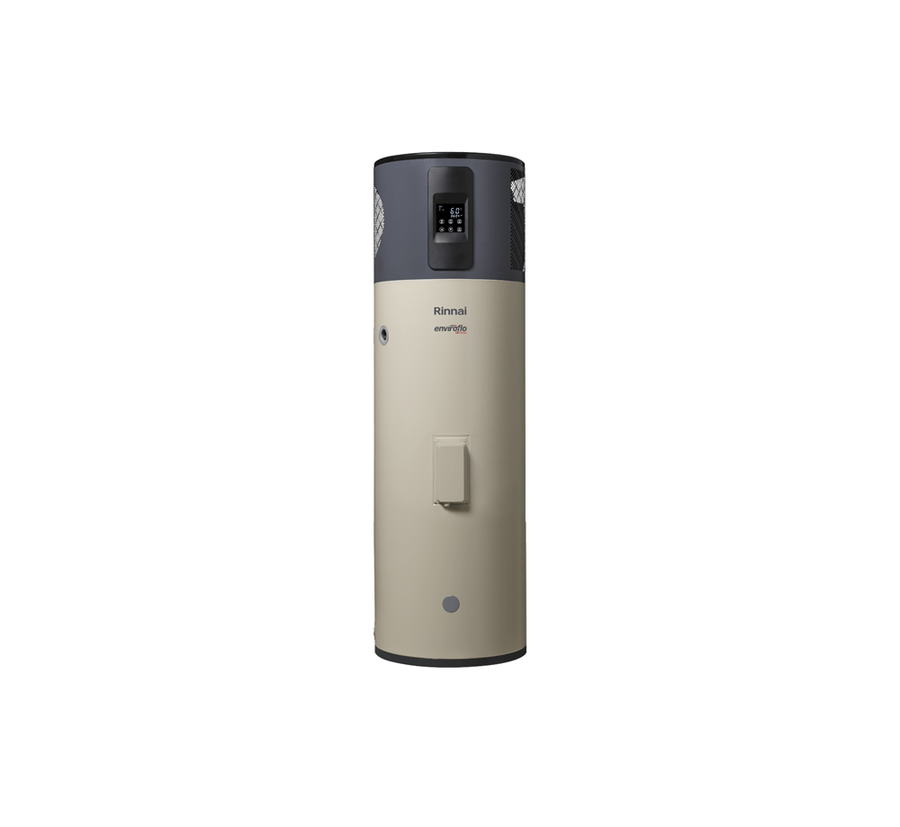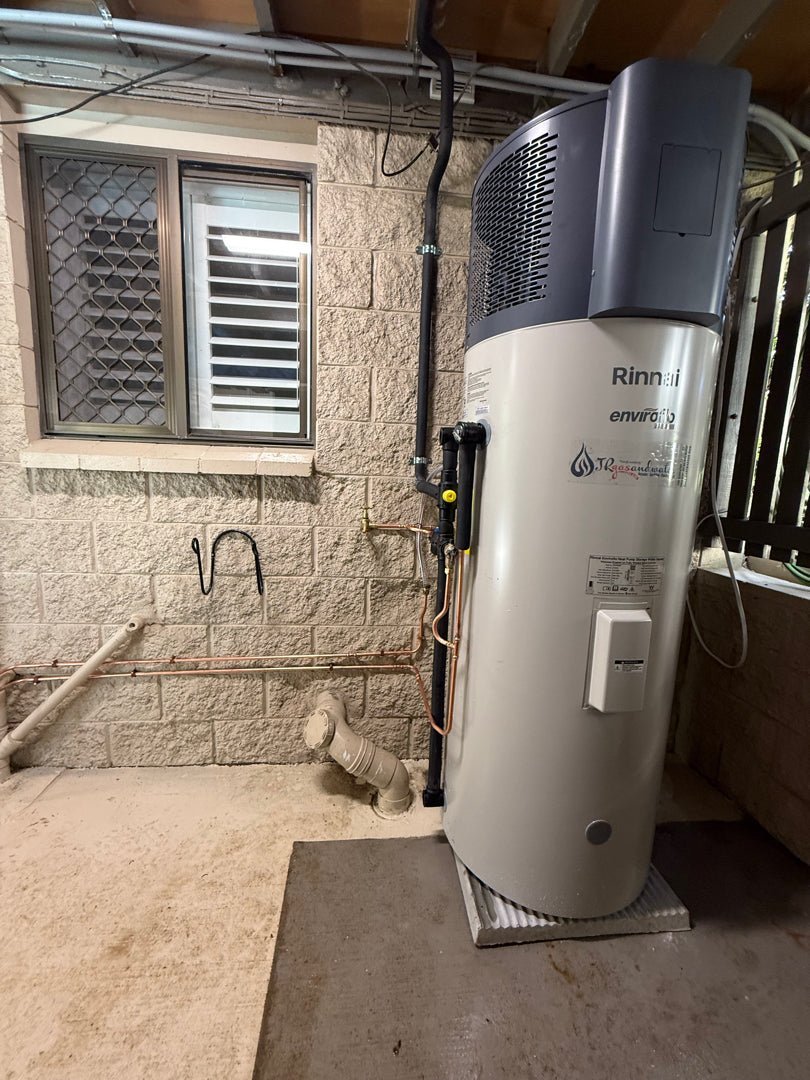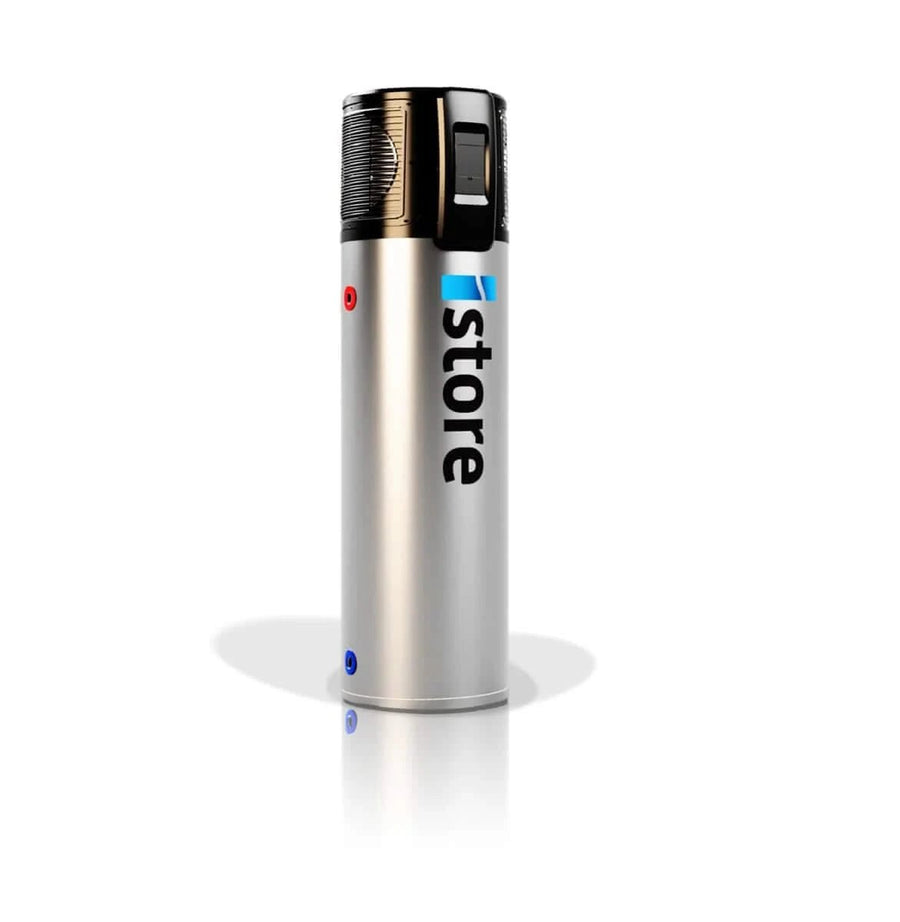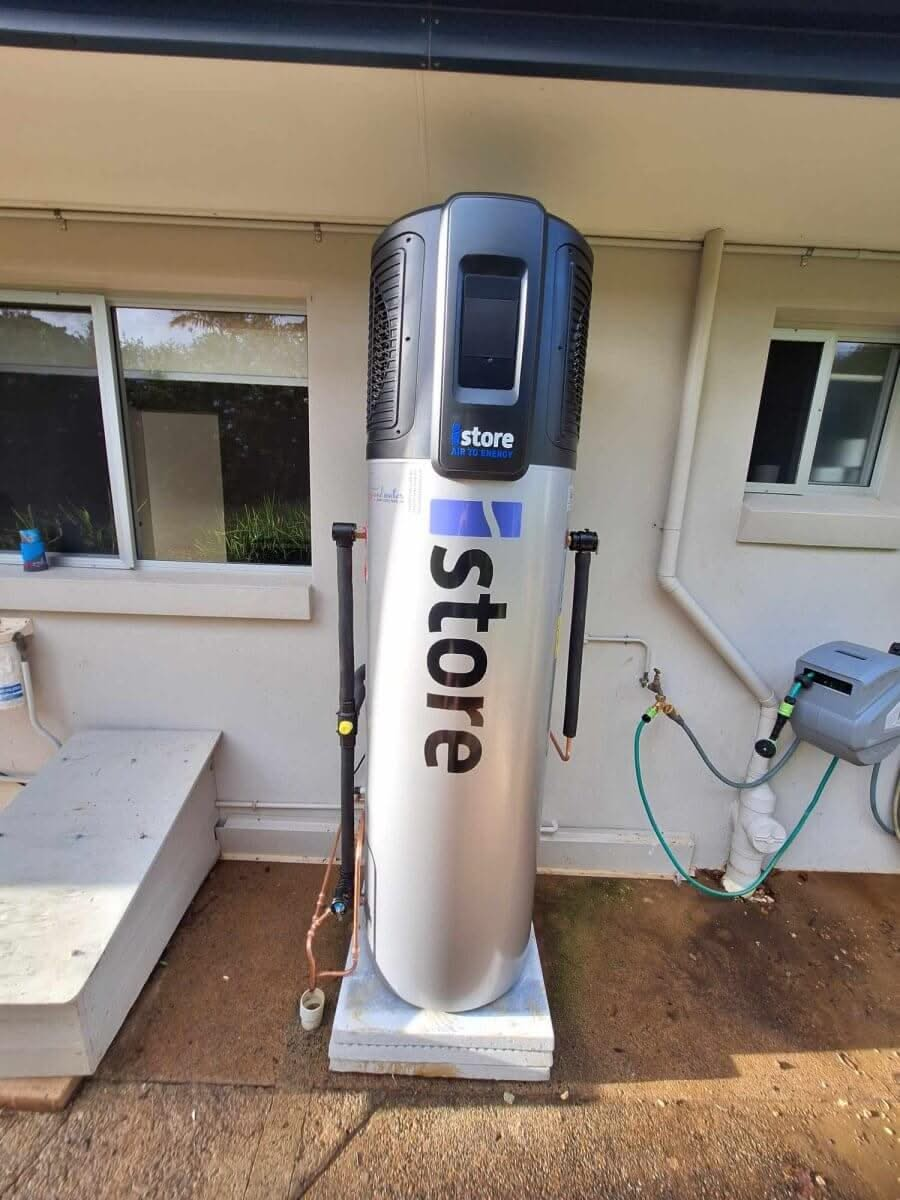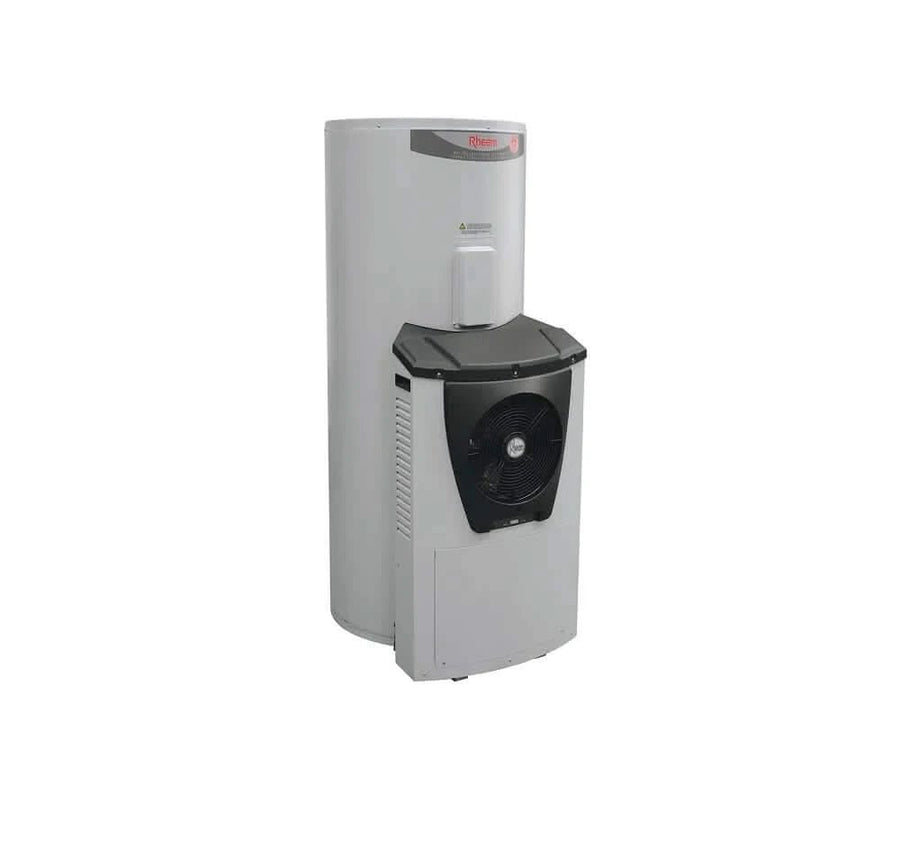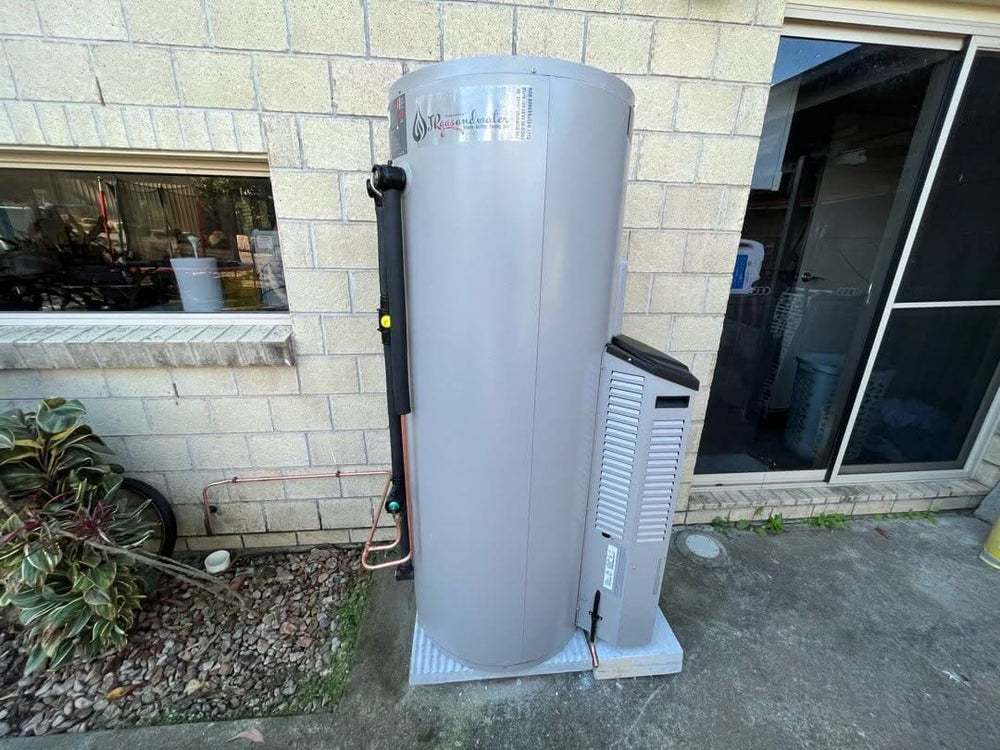Understanding Solar Water Heating System Cost: A Guide for Homeowners
Understanding Solar Water Heating System Cost: A Guide for Homeowners
What is the solar water heating system cost? Typically, it ranges from $3,000 to $7,000. This article will explain the factors that affect these costs, potential savings on your energy bills, and available financial incentives.
Key Takeaways
-
Solar water heating system costs generally range from $3,000 to $7,000, affected by system type, installation complexity, and geographical location.
-
Financial incentives, including government rebates and Small-scale Technology Certificates (STCs), can substantially lower the initial investment for homeowners.
-
Despite higher upfront costs, solar hot water systems offer significant long-term savings on energy bills and have a positive environmental impact by reducing greenhouse gas emissions.
Solar Water Heating System Cost Overview
Investing in solar hot water systems can feel like a daunting financial leap. However, understanding the overall costs can demystify the process. Typically, the cost of a solar hot water system ranges between $3,000 and $7,000. This price may seem high upfront, but it’s important to consider the long-term savings and benefits. These systems can provide up to 90% of your household’s hot water needs, drastically reducing your water heating bills.
Factors influencing the final cost include the type of system, installation complexities, geographic location, and available rebates. For example, a household in a sunny region might need fewer solar panels than one in a cloudier area.
Additionally, government incentives and rebates can significantly lower the initial investment. Homeowners need to understand these variables to make informed decisions about their solar hot water system investments.
Types of Solar Water Heating Systems
There are three main types of solar hot water systems: flat-plate collectors, evacuated tube collectors, and heat pump systems. Each type has its unique features and benefits.
Flat-plate collectors are typically the most affordable and straightforward option, capturing sunlight directly to heat water. They are ideal for moderate climates and can be a cost-effective solution for many households.
Evacuated tube collectors are more efficient than flat-plate collectors, especially in colder climates. Their design minimizes heat loss, making them highly effective at capturing and retaining solar energy.
Heat pump systems, on the other hand, gather heat from the air rather than direct sunlight, making them highly energy-efficient. These heat pumps are particularly useful in areas with less direct sunlight.
Average Costs by System Type
The cost of solar hot water systems varies significantly by type. Here’s a breakdown of the costs:
-
Heat pump systems: Typically start around $3,000, making them one of the more affordable options.
-
Flat-plate collector systems: Usually range from $3,000 to $4,000, offering a balance between cost and efficiency.
-
Boosted split systems: Combine solar and conventional heating methods, generally costing between $3,900 to $6,000.
Although solar hot water systems involve higher upfront costs compared to traditional hot water systems, their long-term benefits often justify the investment. Homeowners can expect to spend between $3,000 to 7,000 for a fully installed system, depending on its size and complexity. These hot water system cost can be offset by the significant savings on energy bills and potential government rebates and incentives.
Factors Influencing Solar Water Heating System Costs
The overall cost of installing a solar hot water system is influenced by several factors. These elements can vary widely based on specific circumstances. These include the size of the system, installation complexity, and geographic location. These elements help homeowners better estimate their investment and plan accordingly.
Additionally, government subsidies and incentives can significantly reduce the initial costs, making solar hot water systems more accessible.
System Size
The size of a solar hot water system directly impacts its cost. Systems can range in size from 1.2 liters to 4.1 liters, depending on the household’s hot water needs. Larger households with higher hot water demands will require bigger systems, which can increase the cost.
Estimating the daily hot water usage of each occupant and considering peak times is crucial for selecting the right system size.
Installation Complexity
Installation complexity is another significant factor affecting costs. Solar hot water installation can be more complex than conventional systems due to factors such as roof design and available space. Local council restrictions and the need for professional installers further add to the complexity and cost.
Homeowners should choose trusted professionals to ensure proper installation and long-term functionality.
Geographic Location
Geographic location plays a crucial role in the effectiveness and cost of solar hot water systems. For instance, heat pump systems are significantly influenced by the warmth of the climate. Additionally, good access to sunlight, preferably with panels facing north, is essential for maximizing efficiency.
Homeowners in sunnier regions may find these systems more cost-effective due to higher solar efficiency.
Financial Incentives and Rebates for Solar Water Heating Systems
Financial incentives and rebates are available to help reduce the initial costs of solar water heating systems. These incentives vary by region and can significantly lower the investment needed. Government programs and local subsidies play a crucial role in making these systems more affordable for homeowners.
Small-scale Technology Certificates (STCs)
Small-scale Technology Certificates (STCs) are an essential incentive for homeowners installing solar hot water systems. These certificates typically range between 20 to 40 STCs, with each STC valued between $30 and $40. Homeowners can reduce their system costs by $500 to $1,000 through STCs, which can be claimed directly or via a registered agent for an upfront discount.
State and Local Government Rebates
Various state and local government rebate programs also help offset installation costs. For example, South Australia’s Retailer Energy Productivity Scheme offers cash rebates and discounts. In Queensland, the Climate Smart Energy Savers program provides cash-back rebates between $300 and $1,000 for eligible solar hot water systems.
These programs are crucial for making solar water heating more accessible and affordable for homeowners.
Comparing Solar Water Heating to Traditional Hot Water Systems
Solar hot water systems offer significant advantages over traditional hot water heaters, including the solar hot water heater. They are cost-effective, environmentally friendly, and can drastically reduce energy bills. Traditional systems, such as electric hot water system or gas hot water system, have higher operational costs and contribute more to greenhouse gas emissions.
Upfront Costs vs. Long-term Savings
While solar hot water systems have higher upfront costs, they provide substantial long-term savings. For instance, the payback period for a $6,000 evacuated tube collector system is around seven years. A family can save approximately $730 annually by switching to a solar hot water system, significantly reducing their water heating bills.
Environmental Impact
Solar water heating systems have a positive environmental impact by reducing greenhouse gas emissions. These systems produce zero emissions during operation, helping mitigate a significant contributor to household emissions.
By providing up to 90% of hot water needs, solar systems not only save on energy costs but also enhance home value and promote environmental preservation.
Maintenance and Running Costs
Maintenance and running costs for solar hot water systems are generally low. Annual running costs range between $65 and $365. Regular maintenance checks every five years are recommended to ensure efficiency and longevity.
Proper maintenance can extend the system’s life beyond 20 years, making it a cost-effective long-term investment.
Choosing the Right Solar Water Heating System for Your Home
Choosing the right solar hot water system involves considering several factors, such as household hot water needs, budget, and location. Solar hot water systems can cover up to 90% of a household’s hot water needs, making them a reliable and efficient choice.
Assessing Household Hot Water Needs
To select the right system size, homeowners should assess their daily hot water usage. Typically, allocate approximately 50 liters per person per day.
Considering peak demand times and other factors such as local climate is also essential.
Evaluating Roof Suitability
Evaluating roof suitability is crucial for installing solar collectors. The roof must be structurally sound to support the weight of the collectors.
Optimal orientation, ideally facing north in the Southern Hemisphere, and the correct pitch are essential for maximizing efficiency.
Installation Process and Considerations
The installation process for solar hot water systems involves several stages, including selecting the system, determining the number of panels, and finding a qualified installer.
Immediate benefits become apparent post-installation.
Finding a Qualified Installer
Finding a qualified installer is critical for a successful solar hot water installation. Homeowners should ensure the installer is a licensed electrician and obtain multiple quotes to ensure competitive pricing.
Installation Timeline and Expectations
The installation timeline can vary widely depending on factors such as home design and roof space. It typically involves several stages, and homeowners should be prepared for potential delays due to these complexities.
Integrating Solar PV Systems with Solar Water Heating
Integrating solar PV systems with solar water heating can enhance efficiency and cost savings. A mixed system ensures a consistent hot water supply throughout the year and maximizes investment returns through energy savings.
Payback Period and Return on Investment
The payback period for solar hot water systems typically ranges from two to ten years, depending on the system type and household usage. Switching to solar can lead to significant cost savings, reducing hot water costs by at least 50%.
Summary
In summary, solar water heating systems offer substantial long-term benefits, including cost savings and environmental preservation. By understanding the costs, incentives, and installation considerations, homeowners can make an informed decision to invest in solar technology.
Frequently Asked Questions
What is the typical cost range for a solar hot water system?
The typical cost range for a solar hot water system is between $3,000 and $7,000. This investment can lead to significant savings on energy bills over time.
How do Small-scale Technology Certificates (STCs) reduce the cost of solar hot water systems?
Small-scale Technology Certificates (STCs) reduce the cost of solar hot water systems by providing a discount ranging from $500 to $1,000, depending on the number of certificates claimed. This financial incentive makes solar hot water systems more affordable for consumers.
What are the environmental benefits of solar water heating systems?
Solar water heating systems offer the significant environmental benefit of producing zero greenhouse gas emissions during operation, thereby greatly reducing a household's environmental impact. This contributes positively to climate change mitigation efforts.
How often do solar hot water systems require maintenance?
Solar hot water systems typically require maintenance checks every five years to maintain efficiency and prolong their lifespan. Regular inspections can help identify and address any issues before they become significant problems.
What factors should I consider when choosing a solar hot water system?
When choosing a solar hot water system, it is essential to consider your household's hot water needs, the suitability of your roof for solar panels, your budget, and the local climate conditions. These factors will ensure you select the most effective and efficient system for your situation.




